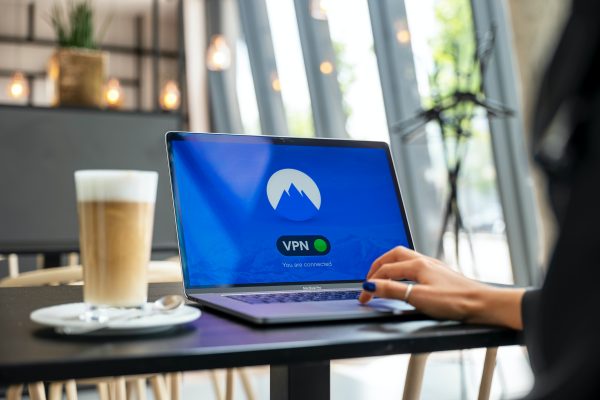What is the Difference Between HIPAA Compliance & PCI Compliance?

PCI and HIPAA standards both have high requirements to meet, but what is the difference between the two, and why are these compliance standards important for both consumers and businesses? For consumers, understanding this information will help them know which companies are protecting their data and the extent to which they are protected. On the business side, certain types of companies are required to meet these standards, depending on how they conduct business. Let’s take an in-depth look at both.
What is PCI Compliance?
PCI stands for Payment Card Industry. It is commonly associated with the traditional name Payment Card Industry Data Security Standard, or PCI DSS. PCI compliance basically outlines the security requirements companies must follow when accepting payments via credit or debit card, whether it’s done online or in person. If businesses fail to comply with these standards when accepting payments, they can be penalized. PCI standards currently contain 292 requirements with 1030 validation points.
What is HIPAA Compliance?
HIPAA stands for Health Insurance Portability and Accountability Act and outlines how medical information can be stored and shared. Under HIPAA, this information needs to be stored securely, but also remain easily accessible to anyone with the permission to do so (hospitals, insurance, etc.) Currently, HIPAA standards are split into 3 categories containing the following requirements and validation points:
- Security Rule contains 75 requirements with 254 validation points
- Breach Rule which contains 10 requirements with 26 validation points
- Privacy Rule which contains 72 requirements with 255 validation points.

What’s the Difference Between HIPAA and PCI Compliance?
One major difference between HIPAA and PCI compliance deals with the type of data that needs to be stored and secured. Since PCI data deals solely with transactions, it just contains simple numbers (credit card numbers or account numbers). On the other hand, since HIPAA involves medical data, it contains more complex information such as digital documentation, images, charts, x-rays, and more.
Another significant difference between PCI compliance and HIPAA compliance relates to how the data is stored. Since PCI only contains payment information, it just needs to be secured. HIPAA data is much different due to it being medically related. The HIPAA compliant digital environment is much more complex because patients' medical information needs to be secured from the public, but at the same time accessible to necessary healthcare professionals.
The last major difference between HIPAA and PCI that I will discuss has to do with the way the data is verified. Since PCI data consists of transactions or numbers, it’s verified by servers using algorithms, which is an automated process. HIPAA data needs to be verified by a human, so it takes more effort and time.
Both PCI and HIPAA compliance standards were created to protect our most personal information; they just protect different types of that data. There is a bit of overlap between the two, but overall, HIPAA compliance is more difficult to protect and secure. The main reason being that authorized personnel still need to be able to easily access it, and the data comes in multiple formats. This actually makes personal health information (PHI) more valuable, so it tends to be targeted more often by hackers.
If you’re looking for a custom HIPAA compliant software solution, please contact our team. We would love to discuss your needs and how we can address them. We have over two decades of experience working in medical technology and would love the opportunity to help build your custom software solution.
